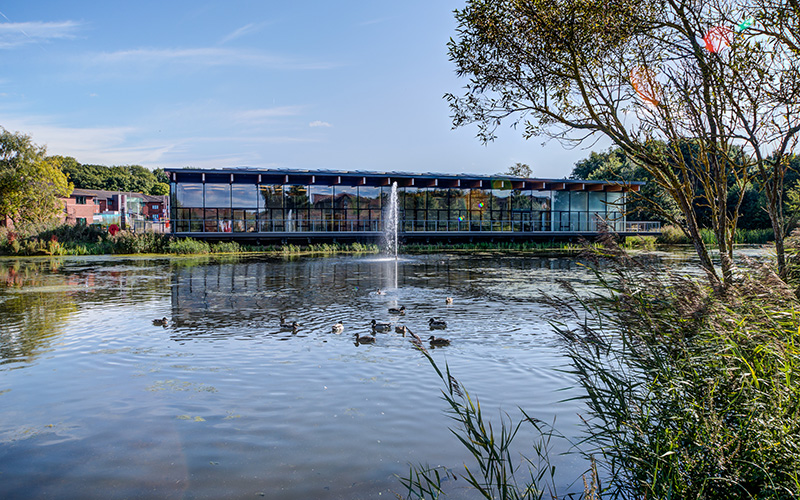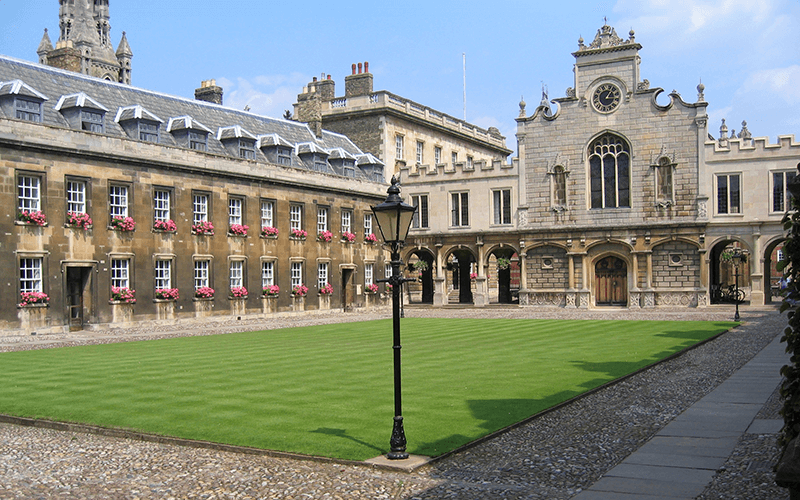Venue correspondent, Kristyna O’Connell talks to Judith Sloane, head of Meet Cambridge, and Paul Bartlett, director Warwick Conferences, about the behind-the-scenes of hosting events at an academic venue.
Hosting events at academic venues offers numerous benefits, including access to a wide variety of versatile spaces that can accommodate different event types, such as conferences, lectures, and exhibitions. These venues are often equipped with state-of-the-art audio-visual technology and provide professional AV support, enhancing the quality of presentations and interactive sessions. The academic environment fosters a scholarly atmosphere conducive to intellectual engagement and networking among attendees. Additionally, many academic venues are situated in scenic and historic locations, offering a unique and inspiring backdrop for events. The presence of on-site amenities, such as catering services, accommodation, and recreational facilities, further enhances the convenience and appeal of academic venues for hosting events.
In January 2022, the Cambridge Centre for Evidence-Based Policing held a week-long residential training course for 45 delegates at Selwyn College, University of Cambridge, focusing on crime analysis and reducing risks of serious violence. The event was held in the new Quarry Whitehouse auditorium, chosen for its ideal ventilation, space, and safety features, providing reassurance to attendees amid ongoing health concerns. The in-person format allowed for effective delivery of the technical subject matter, with recording capabilities for future use. Chief administrator Louise Bland highlighted the excellent technical support from the Selwyn team, the ease of event planning, and the positive feedback from delegates, many of whom enjoyed the unique Cambridge experience, including formal dinners and the traditional ambiance. Given the success, further conferences are planned at Selwyn College later this year.
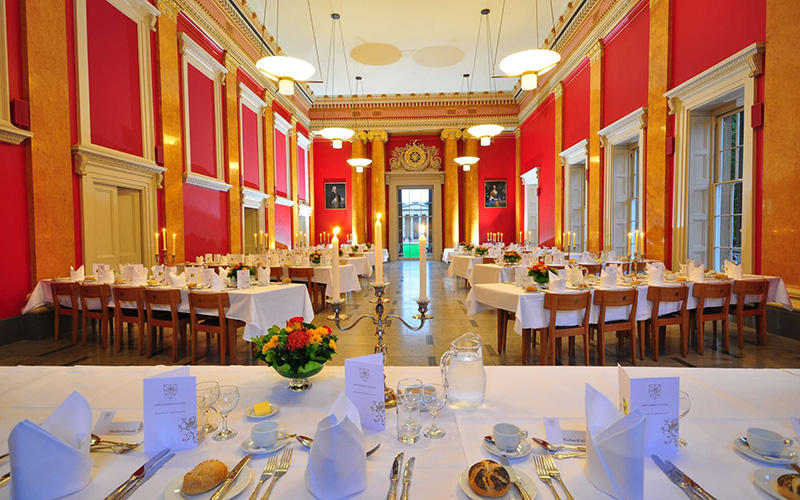
Warwick Conferences has been established for over 35 years and has hosted numerous events, including academic conferences, corporate events, celebration events, and sporting events, to name a few. The types of events vary considerably. They recently hosted one of the largest academic conferences, the IUPAC MACRO 2024 conference. Warwick Conferences successfully hosted several large sporting events, including the Birmingham 2022 Commonwealth Games, providing an athletes’ village, and co-hosted the International Children’s Games. They have even hosted Comic Con events. Overall, the success of events held at Warwick Conferences can be attributed to the central location, high-quality facilities, flexible scheduling options, and attentive staff that work to ensure the smooth execution.
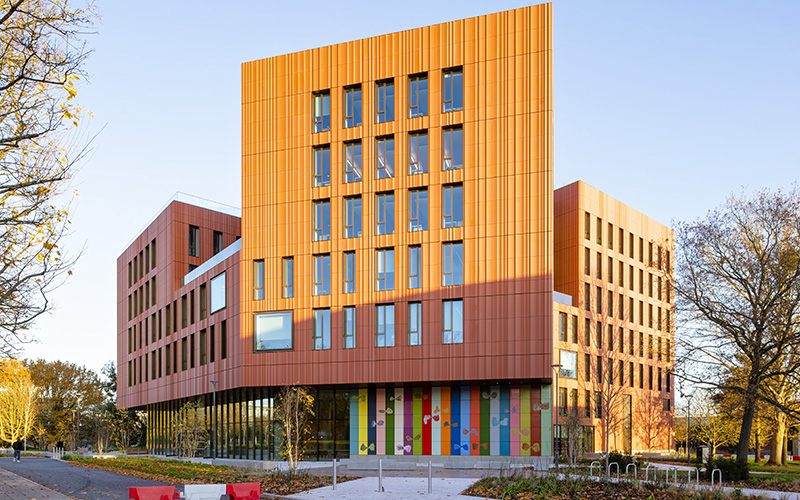
What are the benefits of hosting events at an academic venue? From accommodation to catering and making sure that your delegates are happy, there are multiple reasons why your next event should be at an academic venue.
Both Meet Cambridge and Warwick Conferences offer a diverse portfolio of venues designed to accommodate a wide range of events throughout the year. Meet Cambridge provides over 500 different spaces, including tiered lecture theatres seating up to 500 people, flexible breakout rooms, and flat floor areas suitable for exhibitions, poster sessions, and catering. The venues are typically equipped with standard audio-visual technology and supported by AV professionals.
Warwick Conferences also features a collection of cutting-edge venues, suitable for various events such as conferences, meetings, and exhibitions. Their facilities include state-of-the-art buildings, such as the Oculus, Warwick Arts Centre, and the award-winning Faculty of Arts Building (FAB). Available spaces include tiered lecture theatres, the renowned Butterworth Hall, galleries, theatres, seminar and meeting rooms, as well as social and networking areas. The University of Warwick’s expansive 700-acre campus further enhances its offering with large green spaces, courtyards, and terraces, all equipped with world-class technology. Both Meet Cambridge and Warwick Conferences provide comprehensive solutions for hosting academic and professional events, leveraging advanced technology and versatile spaces to meet diverse needs.

Paul Bartlett, director of Warwick Conferences, says it has 1,000 ensuite student bedrooms. They are conveniently located within walking distance of Warwick’s venues. Alongside student bedrooms, they also offer 358 hotel-styled bedrooms at their training and conference centres. In addition, all overnight guests get complimentary access to the gym and swimming pool at the Sports and Wellness Hub on campus.
In Cambridge, accommodation is available during the University’s vacation periods, and staying in a Cambridge College is a unique opportunity to see the city from the inside. Judith Sloane from Meet Cambridge says: “The academic venues in our portfolio offer a range of room styles, from single accommodation with shared bathroom facilities to boutique-style apartments, so there really is something for everyone. When our academic venues are not available, or when a college bedroom is not suitable, we also have a range of hotel options that we can present to our clients – Cambridge is a very small city, so it’s easy to combine hotels and academic venues as they’re all within a few steps of one another.”
Sloane says: “All of our academic venues offer in-house catering, it’s one of Cambridge’s strengths! Organisers can be assured that they will be able to choose from a range of menus to suit all budgets and event types. From a simple breakfast buffet to a sumptuous gala dinner, it’s all possible at the academic venues in our portfolio.”
Bartlett says: “We strive to accommodate every delegate’s food and drink needs, including dietary requirements, religious beliefs, or lifestyle choices. We use an online recipe database (Kafoodle), which holds all of our food and drink menus, allowing delegates to check for known allergens present in the meals prepared onsite, as well as providing the calculation and carbon rating on menus. We cater for all occasions and provide both informal and formal dining options. Event planners have lots of choices and can pick from three-course dining, buffets, banqueting, BBQs, and hog roasts. We even do private dining, themed menus, and street food.”
Planning an event of any kind takes time and precision. Event planners and organisers need to consider every part of an event to ensure a successful and enjoyable experience for its delegates. Do academic venues provide support to event planners to ensure logistical needs are met, from set up to technical support?
Sloane says: “Meet Cambridge offers a free venue-finding service to help organisers find the perfect setting for their event. Once a venue has been found, the teams at our academic venues take over, providing expert support from first contact, right through the event and beyond. Each venue also has its own front-of-house team so organisers can be sure that service will be exacting. If the event is too big for a single venue, we can source venues in close proximity to one another and provide a single set of terms and conditions to make contracting with multiple venues easier. If organisers need additional professional organiser support, we can introduce them to Opening Doors & Venues, our partner PCO.”
Bartlett adds: “Whatever the event, event planners are likely to want specialist support, and everyone’s needs are different. Our team of diverse experts works with event planners to develop their event from the start, whether they have a clear idea of what they’d like or need a little help developing their event design; no request is too big or too small. From experts in staging and event production to our talented chefs or operations managers, no matter what our clients need, we have the experience and know-how to make it happen.”
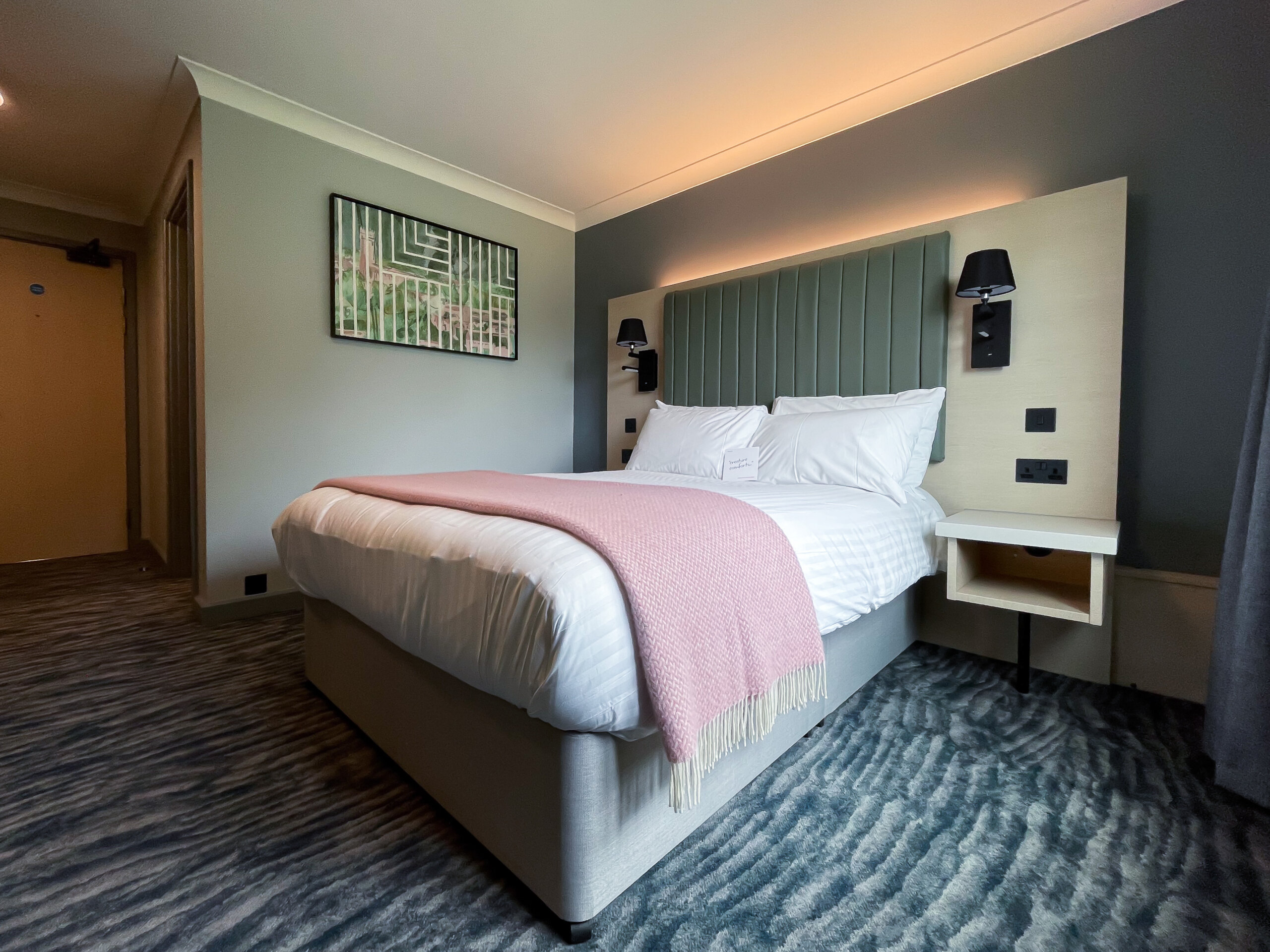
With academic venues being connected to education and schooling timetables, one thing that organisers need to be aware of is the flexibility of these venues, and the scheduling and space options during peak times and different seasons.
Bartlett says: “Warwick Conferences operate throughout the entire year. Our academic venues are available outside of the University term time, during Easter and summer. Whilst our training and conference centres, Scarman and Radcliffe, and exclusive use venue The Slate are available all year round. We can host events for as few as two and up to 1,200 delegates. With over 300 spaces, we are able to provide flexibility when it comes to scheduling and space options. We can even offer exclusive use of our venues.”
Sloane adds: “Cambridge does get busy at certain times of the year, but it really does depend on the size of the event. In general, the months of May through until mid-July tend to be busiest with academic events, but on the positive side, September can be a good option as term doesn’t start until October in Cambridge, which is slightly later than most other UK universities.”
Similarly to historic venues, academic venues are often beautiful, large-scale buildings that have stood the test of time, but are they accessible?
In Cambridge, Sloane says: “Since the academic venues are primarily places of study, the spaces are all audited for accessibility, and details about specific rooms can be obtained in advance so that organisers can make informed choices. The catering teams are very experienced in dealing with allergies and cultural requirements since this is something they do every day for their students. We also encourage all organisers to conduct a site visit before their event so that they have an opportunity to see the spaces firsthand and to meet with the venue teams to discuss any requirements they have.”
Bartlett adds: “Equality, diversity, and inclusion are of utmost importance and an area we are investing heavily in. We are currently working with AccessAble to ensure our venues meet government legislation. They’ll also support staff training in areas of mobility impairment, learning disability, sensory impairment, dementia, and mental health. Warwick Conferences is proud to support the Hidden Disabilities Sunflower scheme by training our staff on how to recognise and assist guests wearing the Sunflower lanyard. Also, our entire team has had inclusion training. Last year, we proudly hosted the World Blind Games and British Transplant Games, as well as a 1,200-attendee Al-Hidayah event. These types of events require a high level of inclusivity and accessibility. Warwick Conferences works with organisers to achieve a successful and memorable event for their delegates.”
